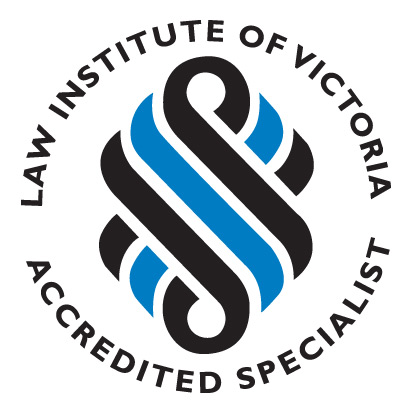Superannuation is an important asset that many Australians accumulate throughout their working lives. If you are in a de facto relationship, do you know who will receive your super when you die?
Myth #1: I have made a Will. It is all sorted.
It is a common misconception that having a will is enough. This is incorrect. You cannot dictate or dispose of assets in your superannuation account by your Will. This is because superannuation is held in a separate entity – namely by the trustee of your super fund.
The trust deed or the governing rules of your super fund will govern who gets your superannuation death benefits when you die. The good news is that most super funds allow you to complete what is known as a Binding Death Benefit Nomination (BDBN). A BDBN is a written instruction to the trustee of your super fund specifying who should receive your super when you die. There are restrictions on who you can nominate to receive your super. Typically, this is restricted to spouses (including de factos), your children (regardless of whether they are financially dependent), or other persons where there is a relationship of financial interdependence.

A BDBN is a separate document that must be completed by you and signed as if it were a Will (with 2 witnesses). Super funds vary in their requirements. Some super funds require you to re-make your BDBN every three years and some super funds allow you to make a non-lapsing BDBN. Again, this is governed by the terms of the trust deed of your fund.
The effect of having a BDBN (provided it is legal and binding) is that the trustee must follow the directions in your BDBN.
We recommend that you seek advice when completing a BDBN.
Myth #2: When I joined the fund, I specified who should receive my super on the membership form
When you complete the new membership form, most super funds ask if you would like to specify who should receive your super when you die. Unfortunately, this is a non-binding ‘wish’ and the trustee is not bound by it.
Without a BDBN, the trustee must go through what is referred to as the ‘claims staking’ process whereby the trustee must investigate and inform itself of all the persons who ‘may’ be entitled to the deceased’s super. Each of those persons must then be informed and be given the opportunity to make submissions to the trustee about their claims to the super. This process is time consuming and can result in outcomes that the deceased person would never have wanted.

It is not unusual for this process to take 12-18 months while the trustee conducts its investigations and interrogates the grieving loved ones. The process can be painful, stressful and can result in disputes amongst family members.
Having a BDBN simplifies the process as the trustee is bound by the terms of your wishes outlined in the BDBN. The time consuming ‘claim-staking’ procedures are avoided.
Myth #3: My situation is very simple and straightforward. I have a spouse and children from that spouse.
Even in straightforward situations, it is far better to have a BDBN in place.
Having a BDBN in place saves the time and hassle of grieving family members having to go through the ‘claim-staking’ procedures and having to complete reams of paperwork satisfying the trustee’s queries.
It also speeds up the process of getting your super into the hands of your nominated loved ones to assist them financially following your death.
If you or someone you know wants more information or needs help or advice regarding completing a BDBN, please contact us on (03) 9592 3356 or email office@citypacific.com.au or fill in the web contact form here:
Contact


